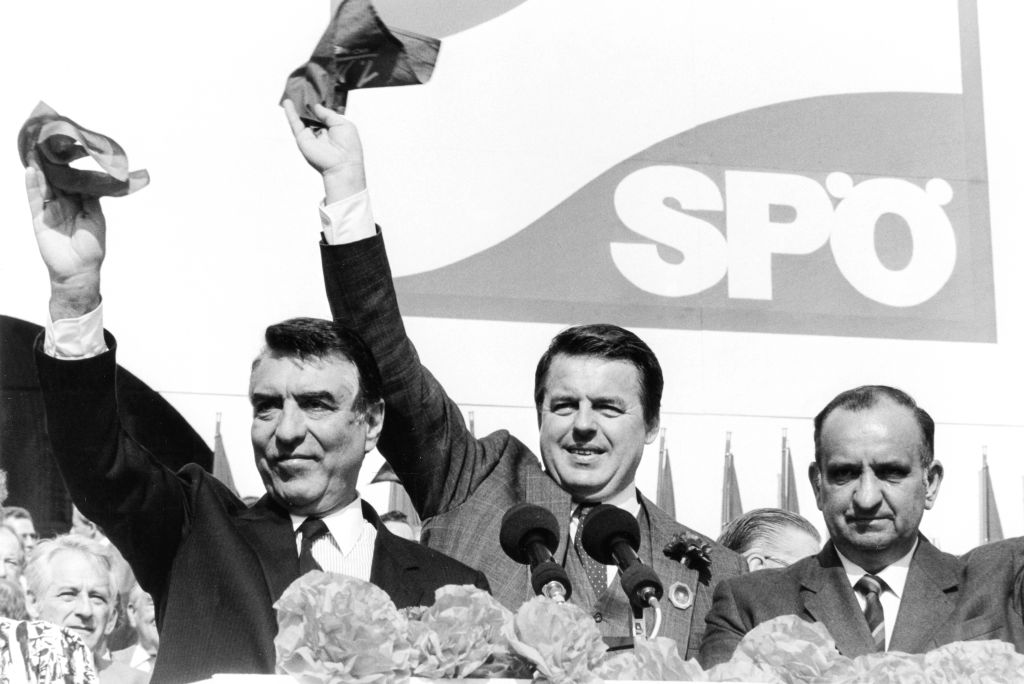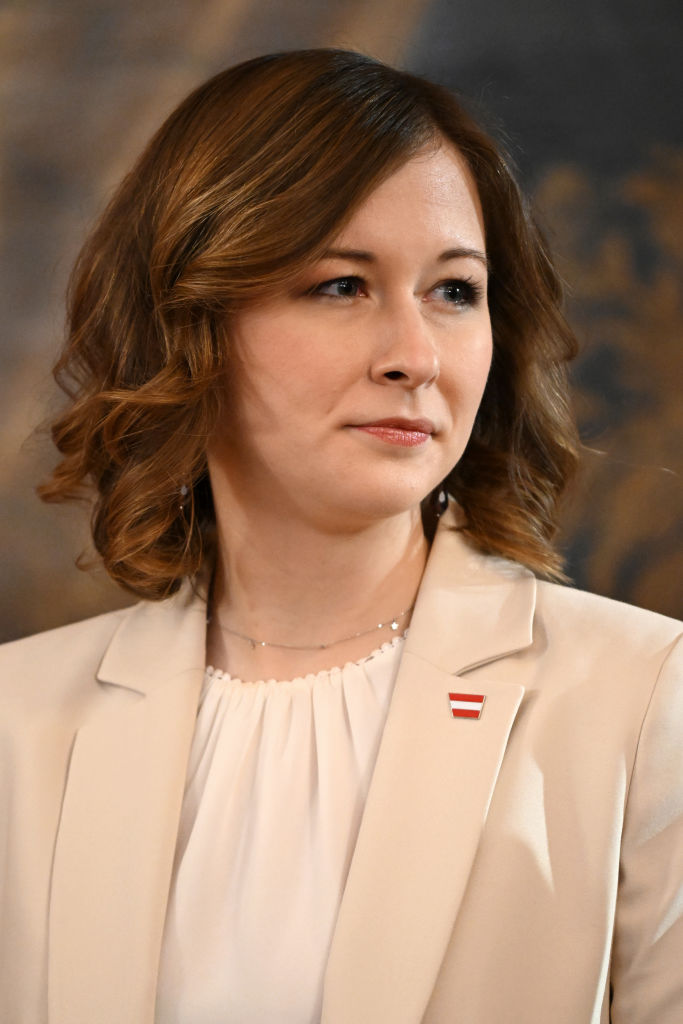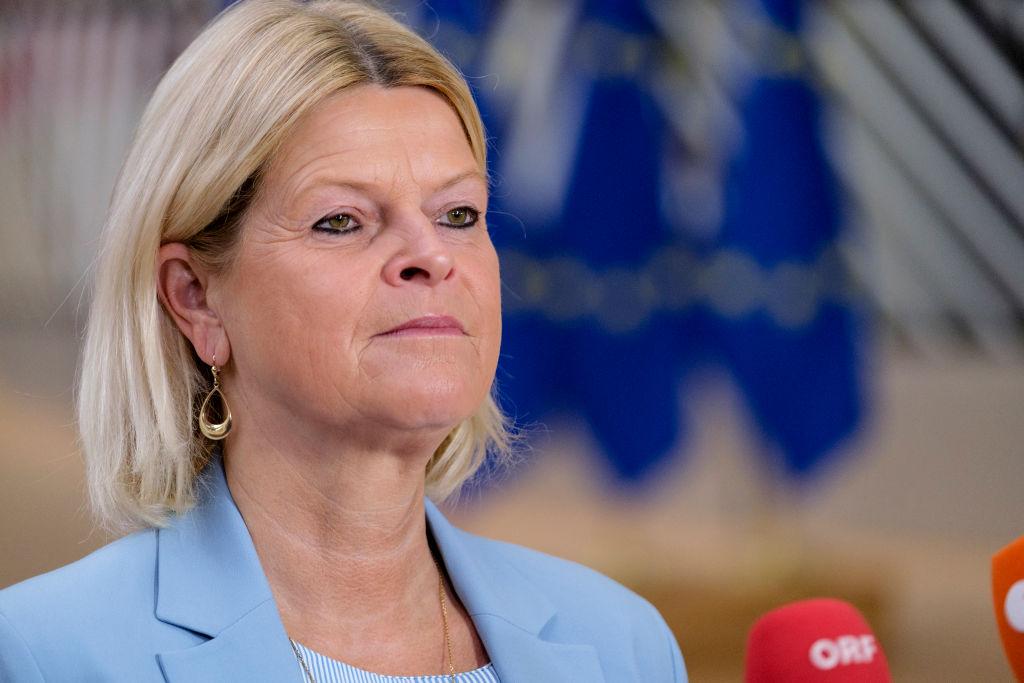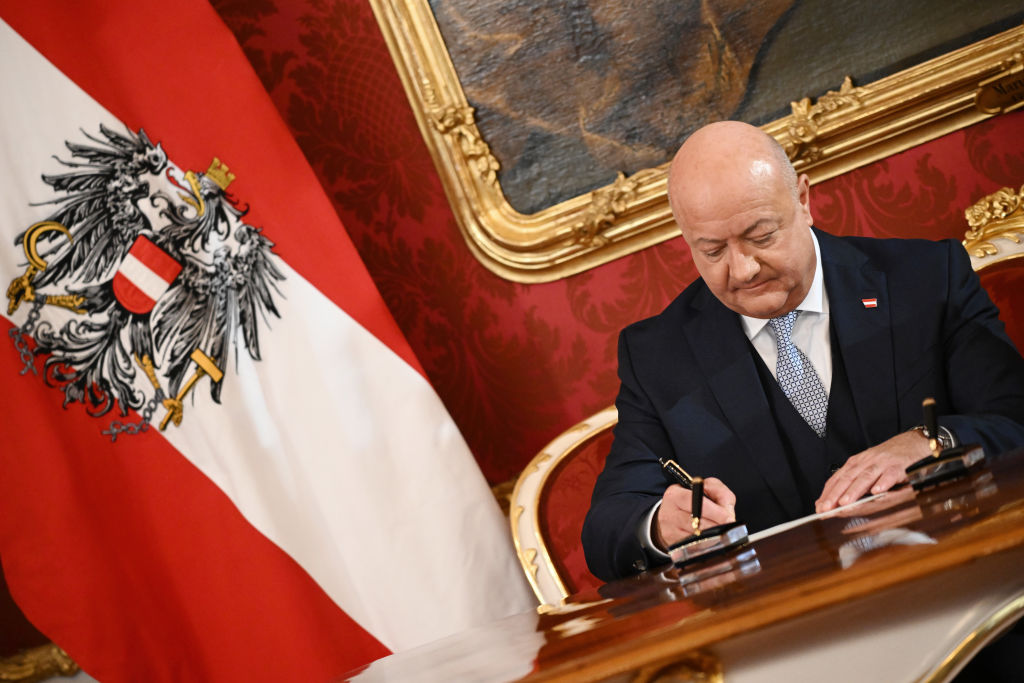Austria said it was introducing a ban on mobile devices in schools.
Starting on May 1, pupils up to eighth grade may no longer use mobile phones, smart watches and similar devices in school or at school events. The decree was issued on April 29 by Christoph Wiederkehr, the country’s new education minister.
The ban marked a move away from current regulation that allowed schools to put in place mobile phone bans autonomously.
The new ruling outlaws the use of mobiles during all time pupils spend at school. In the case of multi-day excursions, such as the customary “sports week”, schoolchildren would be able to use their devices during predetermined time slots, for specific reasons, for example, to communicate with parents.
School management and parents could still agree on exceptions from the ban. Teachers may also allow the use of mobile phones for research and working on school assignments.
In case of violations of the proscription, teachers may confiscate the electronic device until the end of the school day. Pupils who required their phones for medical purposes, such as diabetics, would be exempt from the ban.
Wiederkehr, of the Liberal Neos party, hailed the move as a “big reform project”. He said he wanted to back up headmasters and teachers with clear federal regulation. The mobile phone ban should revitalise classroom activity during breaks, improve pupils’ social competencies and strengthen their ability to concentrate, Wiederkehr added.
The ruling has provoked mixed reactions. Arnika Thiede, a paediatrician in Linz, Austria, told State broadcaster ORF on April 30 that mobiles should have no place in schools, especially in primary establishments.
The problem with excessive use of mobile devices, though, usually started way earlier he said. “There are kids who do not learn at all how to socialise, who have no interaction within the family or even eye contact with their parents.”
Hermann Brückl, education spokesman for the oppositional Freedom Party (FPÖ), said the ban did not solve any of the problems Austrian schools were facing.
“At the end of the day the solution to all challenges in education is to finally stop asylum migration into Austria”, Brückl said, urging minister Wiederkehr to take action on that subject.
In April 2025 it was revealed that 41 per cent of pupils in public primary and secondary schools in Vienna were Muslim – an increase of almost 5 per cent within just a year.





